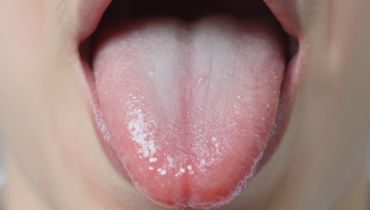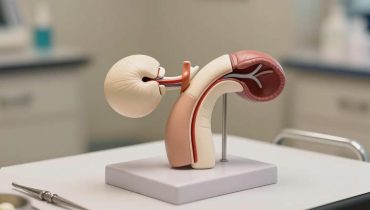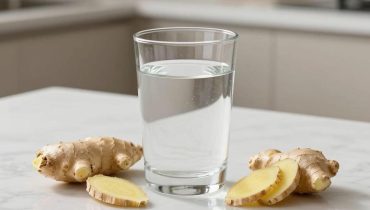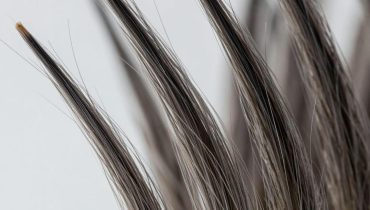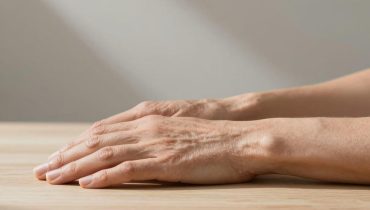📌 What Really Causes “Old Person Smell” and How to Stop It Naturally
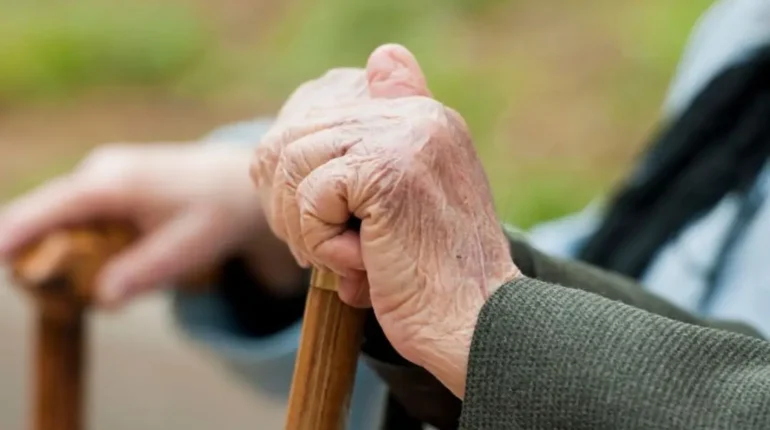
Posted 3 September 2025 by: Admin
That faint, musty scent often linked to aging isn’t just a cultural stereotype—it’s a scientifically recognized phenomenon caused by changes in body chemistry. Even the cleanest and healthiest older adults can experience it, and understanding the real cause opens the door to effective, natural solutions.
What Exactly Is “Old Person Smell”?
Scientists have identified 2-nonenal, an unsaturated aldehyde, as the key molecule responsible for this characteristic scent. It forms through lipid peroxidation—the breakdown and oxidation of fatty acids in the skin. As we age, sebaceous glands shift, antioxidant defenses weaken, and cell turnover slows, leading to the buildup of this grassy, greasy, or metallic odor. Unlike typical sweat-related smells, it cannot be washed away with standard soap because of its strong bond with skin lipids.
It’s Not Just About Getting Older
Aging is a major factor, but not the only one. Lifestyle habits, environmental stress, and hormones also accelerate 2-nonenal buildup. Diets heavy in processed foods, chronic stress, smoking, poor hydration, and lack of exercise all contribute. Meanwhile, menopause and andropause alter skin oils, while certain medications or conditions like diabetes and liver disease can also intensify body odor changes.
Why Traditional Hygiene Products Fall Short
Stronger deodorants or more frequent showers won’t solve the problem. 2-nonenal adheres tightly to skin lipids, making it resistant to washing. Regular soaps and shampoos don’t target oxidized fats, and fragranced products can irritate aging skin while disrupting its natural microbiome. The result? Odor persists despite efforts to mask it.
The Science-Backed, Inside-Out Approach
The best way to fight age-related odor is to strengthen your body’s defenses from within, alongside using gentle, targeted skincare. Four effective strategies include:
- Boost antioxidants with berries, leafy greens, mushrooms, and green tea to reduce oxidative stress.
- Add spermidine-rich foods like wheat germ and soy to support cell renewal through autophagy.
- Use skincare targeting 2-nonenal, with persimmon extract, charcoal, or green tea cleansers.
- Manage stress and sleep to lower cortisol and inflammation, both of which fuel odor changes.
Could Body Odor Signal a Medical Condition?
Sometimes, yes. A sudden, strong change in body odor—especially with cognitive symptoms like confusion or memory loss—can indicate neurological conditions such as Alzheimer’s. Research suggests scent markers may even help in early detection, proving that body odor can be more than just a nuisance.
Age Gracefully—Without the Odor
Aging is natural, but the infamous “old person smell” doesn’t have to be inevitable. By nourishing your body, reducing stress, and choosing smart skincare, you can lower 2-nonenal production and maintain freshness as you age. This is not about masking the scent with perfume—it’s about addressing its root cause for a healthier, more confident life.





